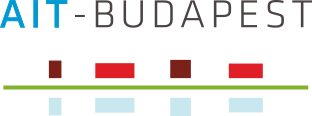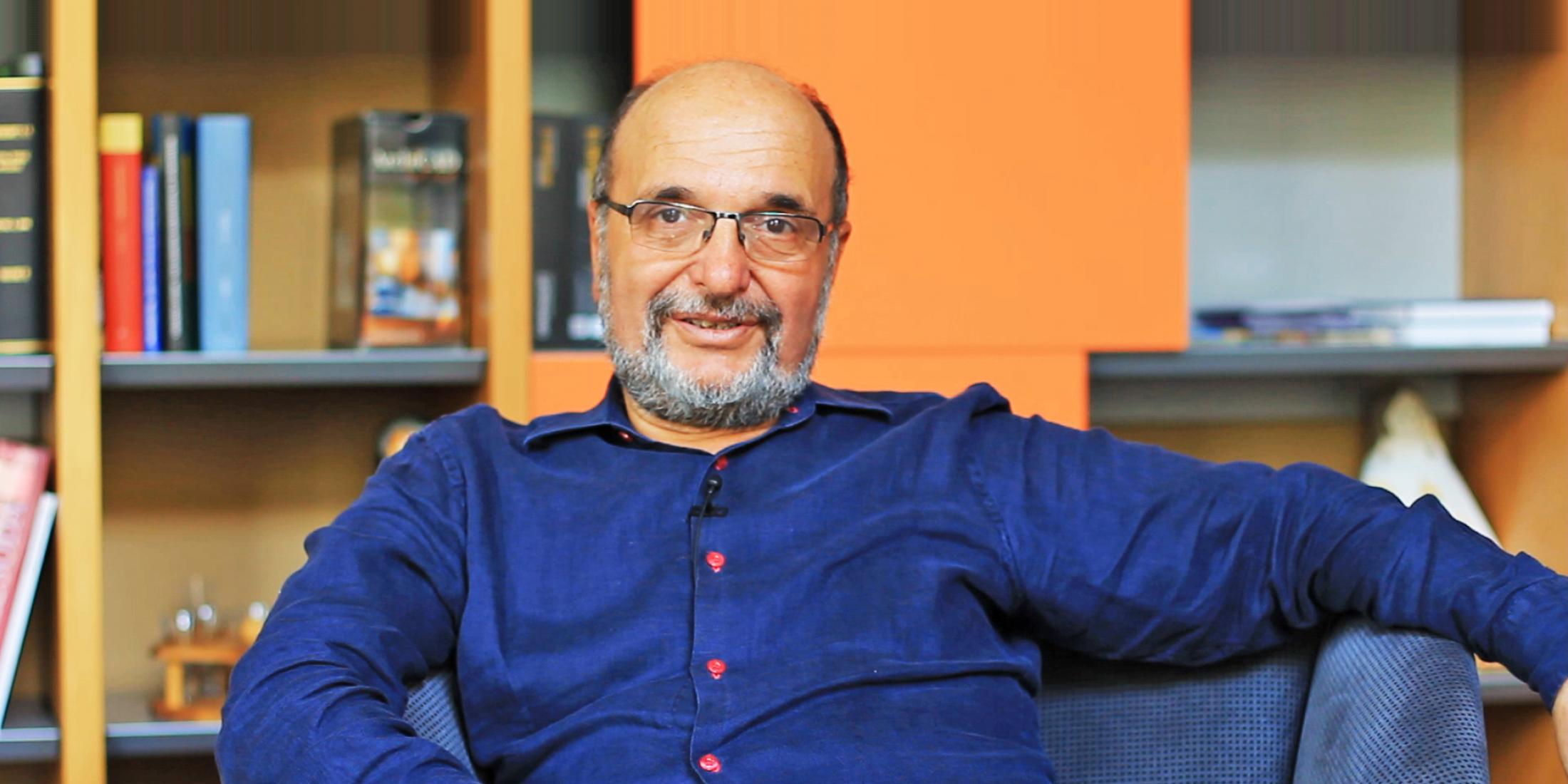2007 marked an important milestone in my career. I was named Entrepreneur of the Year by Ernst & Young and I sold Graphisoft, the global software company I had created and had been heading for decades.
In the early 1980s, dissatisfied with the life-options a centrally planned economy could offer, I chose to become an entrepreneur and set up a private company. In a modest and very personal sense that choice was driven by the ambition to change the world around me. Defying the “rules of the game” in Communist Hungary, Graphisoft quickly found a niche in the global software industry, focusing on 3D architectural design. With the fall of the Iron Curtain, the world really changed, and by the turn of the millennium, I found myself chairing a public company listed on the Frankfurt and Budapest stock exchanges. My initial ambition was completed in 2007 when Graphisoft was acquired by Europe’s leading player in our sector.
In the meantime, having recognized the importance of “investing in people”, I was led towards another undertaking, which, once again, aspires to change the status quo. Inspired by the idea of social entrepreneurship, I have used a substantial part of my proceeds from selling Graphisoft to establish the Aquincum Institute of Technology. This is a new international institution of tertiary education earmarked to demonstrate the viability of a high-quality, research-intensive educational operation. AIT is based on a business model which focuses on its primary client-cohort of international colleges and universities with a global commitment and outreach, offering a unique study abroad experience for their students. The new Institute is meant to heed the most important lessons of the Graphisoft venture: a good product needs demanding customers just as much as it needs dedicated producers.
The main areas of the emerging institution are foundational courses in computer science and data science with computing elective courses including advanced applications, creative design and cross cultural entrepreneurship. It is in these areas where the achievements of Hungarian researchers and entrepreneurs have perhaps been the most remarkable. One of AIT’s unique features is that global players of ICT and biotech industries are involved in its planning and management. More importantly, AIT consciously builds upon country-specific entrepreneurial experiences to provide added value for its students. As I also witnessed at Graphisoft, the relevance of such experiences could be summarized as follows: Companies that aspire to serve markets outside their home territories soon realise that one-size-fits-all strategies are bound to fail. Entrepreneurs from small countries never even entertain such illusions in the first place. In order to survive and thrive, their companies must learn to adapt to each specific market they enter. Lacking scalable markets in place, Hungarian entrepreneurs have always been required to develop products adjustable to culturally and geographically diverse demands. This inherent interest in customer-focused adaptation, the cultivation of openness and literacy about diverse markets and cultures are important distinguishing features of innovative business. AIT is uniquely suited to explore, reveal and transfer this knowledge by its experience-based curriculum.
AIT is hosted in Budapest’s leading third-generation science park that grew out of an initial real-estate project of Graphisoft. An independent public company, Graphisoft Park is the result of a major revitalisation project of a historic industrial site on the banks of the river Danube. The site of the old industrial monument now hosts the local headquarters of about 100+ R&D companies including world leaders such as Microsoft, SAP, Servier, Canon, ThalesNano and Digic Pictures.
In order to integrate research-innovation in an even more direct fashion, R&D companies are establishing closer links to scientific institutions. At the same time, academic institutions of research and education require continuous industrial feedback to maintain the relevance of their curriculum. AIT's ambition is to understand and serve the current and emerging needs of the IT industry and their wider business environment.
Gábor Bojár


